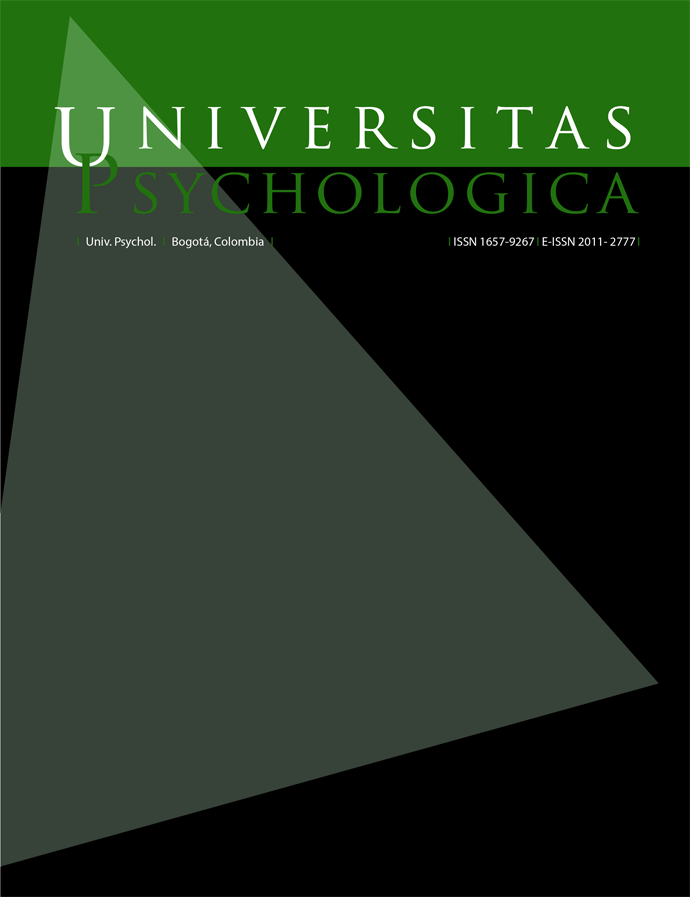Abstract
This paper evaluates the functional relationships between social wellbeing and the willingness towards reconciliation between civilians in Colombia. The study sample was constituted by 320 people, from which 55.9% were females and 43,8% males between 18 and 68 years old. Structural Equations Models were built in order to examinate the relationships between social wellbeing as the independent variable and willingness towards reconciliation as the dependent variable, obtaining satisfactory fit-indexes for all calculated parameters. The outcomes demonstrated that there is a positive and direct relationship between social wellbeing and the willingness towards reconciliation among civilians. From these outcomes two conclusions could be drawn: firstly, social wellbeing may determine a person’s willingness to reconciliate with others in a post-conflict scenario; and secondly, an essential component of any reconciliation process is the social and emotional recovery of communities that experienced the conflict situation.

This work is licensed under a Creative Commons Attribution 4.0 International License.
Copyright (c) 2025 Melissa Martinez Perez


